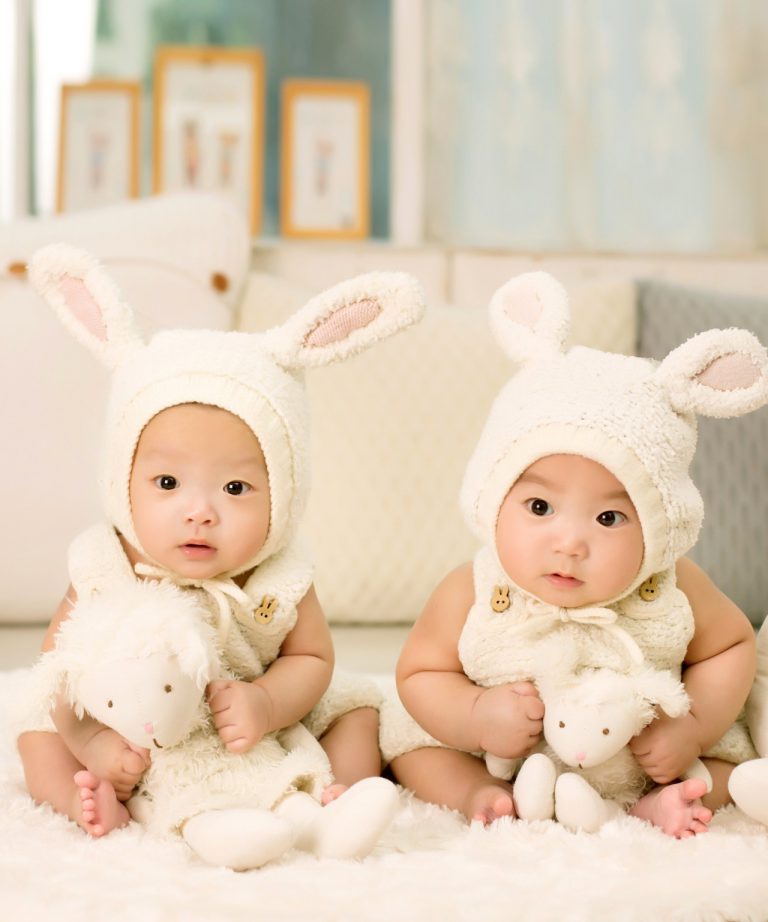
A university professor and state media say Vietnam has identified a pair of extremely rare bi-paternal twins, or twins with different fathers.
Professor Le Dinh Luong, president of the Genetic Association of Vietnam, says DNA testing at his Hanoi lab has confirmed that the twins have different fathers, the first such case that he knows of in Vietnam, and one of only seven such cases reported in the world as of 2011.
The rare circumstance is known as heteropaternal superfecundation, and occurs when a woman’s eggs are fertilised by two men within a short period of time.
Vietnam twins found to have different fathers in rare case https://t.co/er5EId07CJ pic.twitter.com/Fnr0XjFLUa
— BBC News (World) (@BBCWorld) March 9, 2016
The rare circumstance is known as heteropaternal superfecundation, and occurs when a woman’s eggs are fertilised by two men within a short period of time.
Professor Luong claims the results are “100% correct” in what is to be known as “an extremely rare case”.
“There are only less than 10 known cases of twins with different fathers in the world. There might be other cases but the parents and/or the twins were not aware of it or didn’t want to announce it,” he told the BBC.
Woman gives birth to twins with different fathers in ‘rare’ case https://t.co/iY9ml0ZqY2 pic.twitter.com/QNa87HpF3o
— The Telegraph (@Telegraph) March 8, 2016
Luong declined to give further details due to confidentiality with his client.
Online newspaper Dan Tri reported that a 34-year-old man from the northern Hoa Binh province had DNA testing after being pressured by his family because the twins did not look alike. One has thick wavy hair while the other has thin and straight hair.
To rule out a hospital mix-up, DNA testing of the mother showed that she was the mother of both children, the report said. It also said that the two-year-old twins were born the same day and are of the same gender.
Twins in Vietnam discovered to have different fathers after DNA test https://t.co/7OdKrErsMV pic.twitter.com/iSsWMVTK3O
— People Magazine (@people) March 8, 2016
Luong said bi-paternal twins could happen if two eggs from the same mother were fertilized by sperm from two different men one to seven days apart in an ovulation period.
Associated Press
Image via Pixabay.
Liked this? Then you’ll love these…
University study finds pesticides can cause learning difficulties in Honeybees
University study finds state school pupils lag two years behind private school peers







